Baltimore Beat
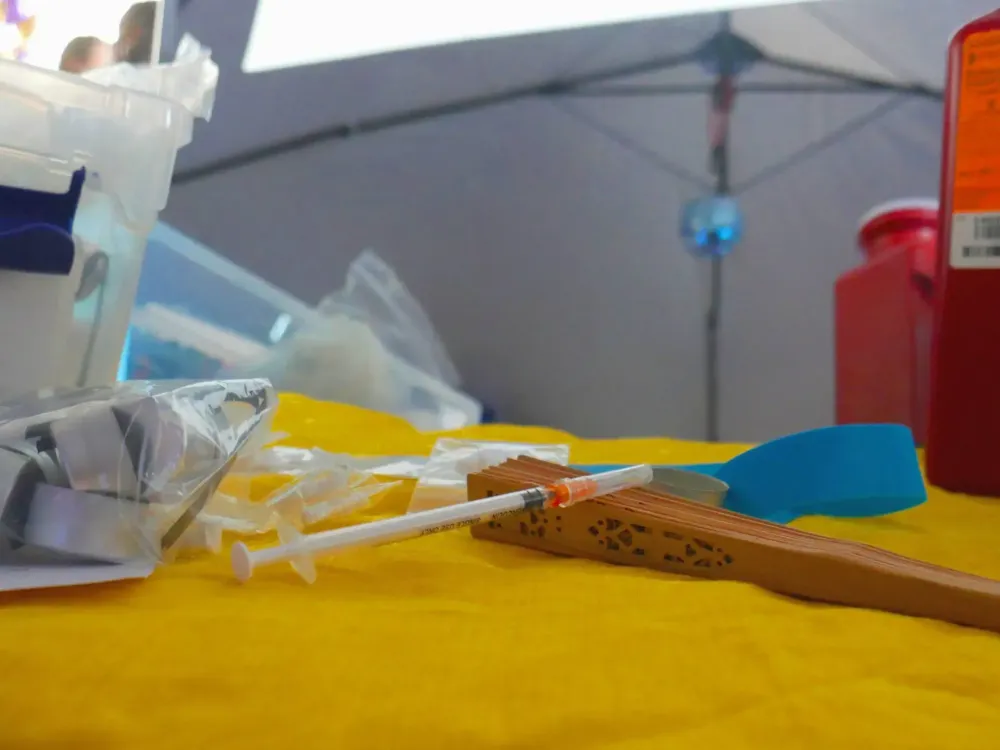
Statewide harm reduction training to resume amid concerns about delay, implementation
HealthHIV, a national nonprofit based in Washington, D.C., opened registration for the new curriculum on December 12, but classes won’t start until January 20. State officials and HealthHIV had previously said it would begin this fall.
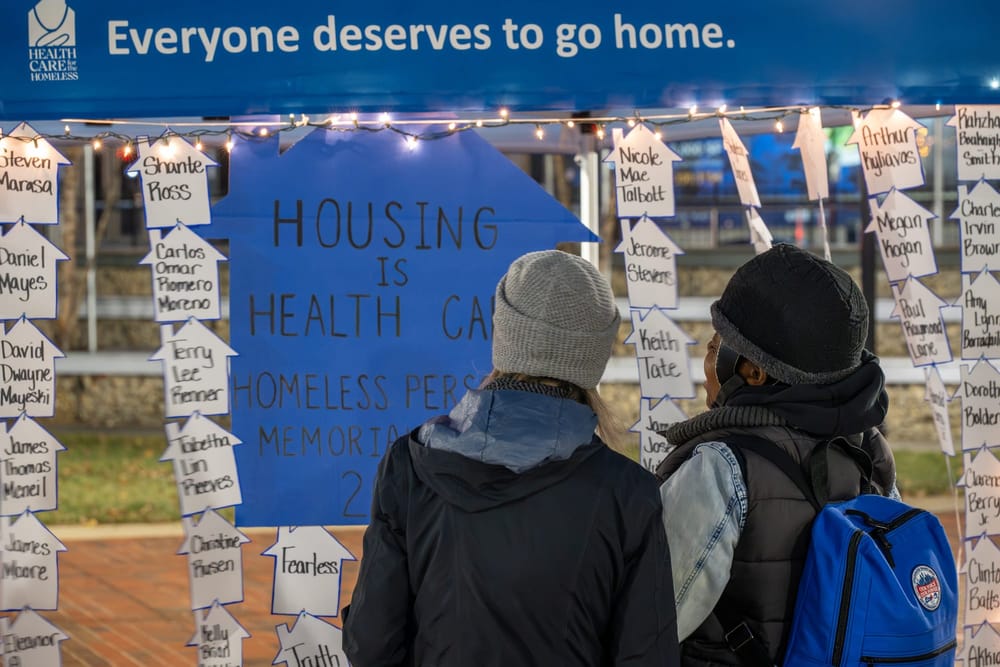
Ahead of a brutally cold winter, Baltimoreans honor unhoused residents who have died as advocates worry about city’s preparedness for the season
Last year, 20,000 people called the shelter hotline for help, and city officials have confirmed that people had to be turned away.
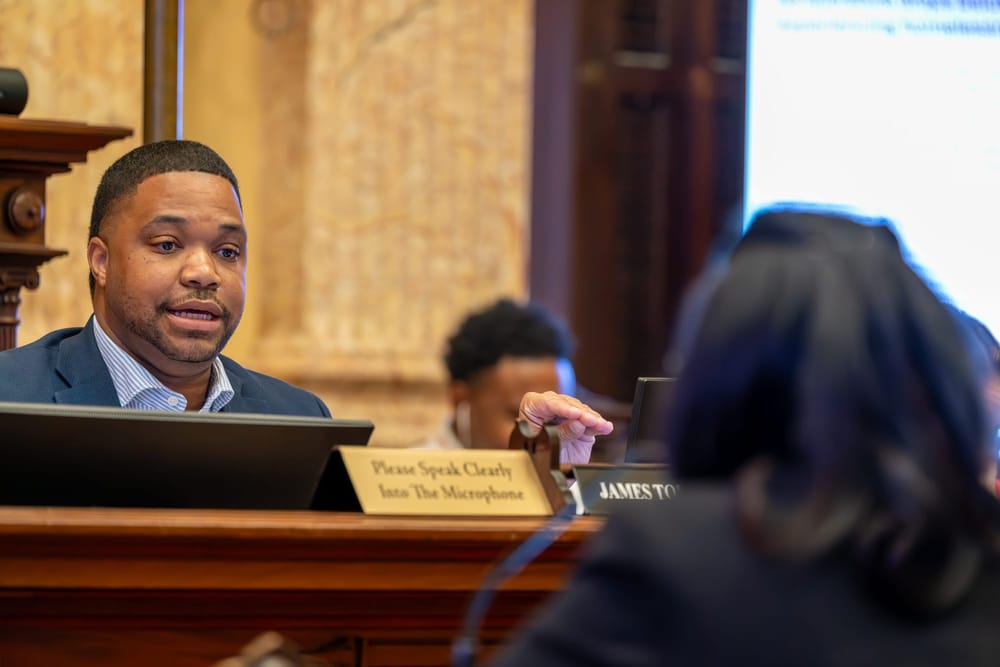
Councilman, advocates press homeless services director over shelter conditions and housing policies
The agency is operating with just eight outreach workers as more than 2,000 people in Baltimore are unsheltered on any given night, 70% of whom are Black, according to the city’s 2025 Point-in-Time count.
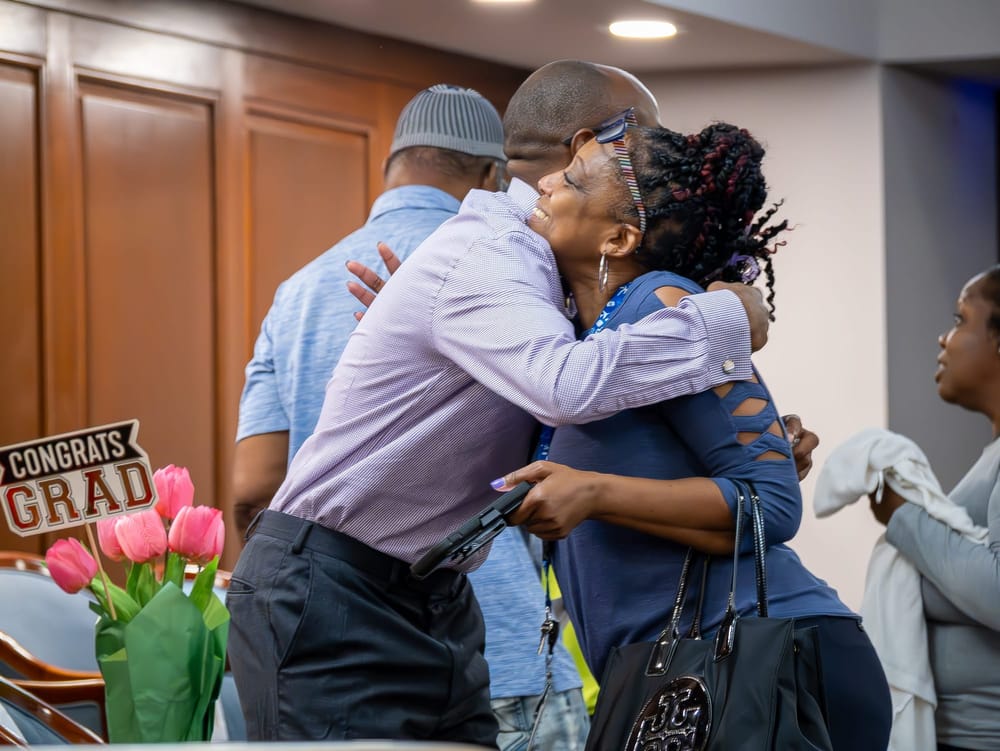
Baltimore's attempt to treat drug users with compassion still centers courts and cops
For more than 30 years, judges and elected officials have heralded Drug Court and other diversion programs as a compassionate way to offer drug users quality care rather than incarceration. For some, they’ve failed.
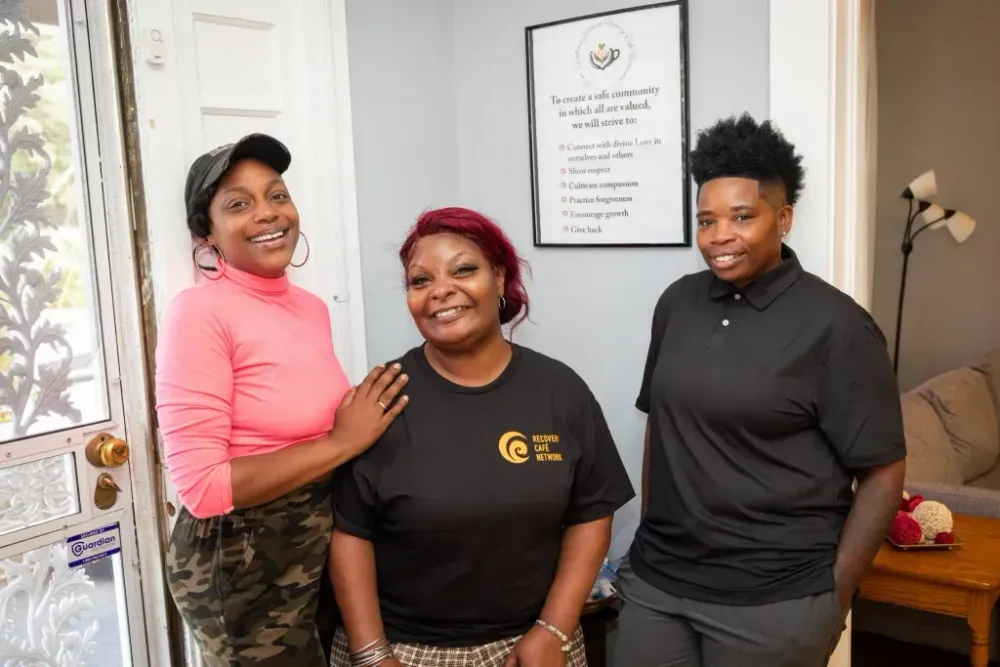
Sober spaces in Baltimore are thriving
From coffee shops to music venues, these spaces play an important role in Baltimore as more people experience the city’s unique culture through a sober lens.
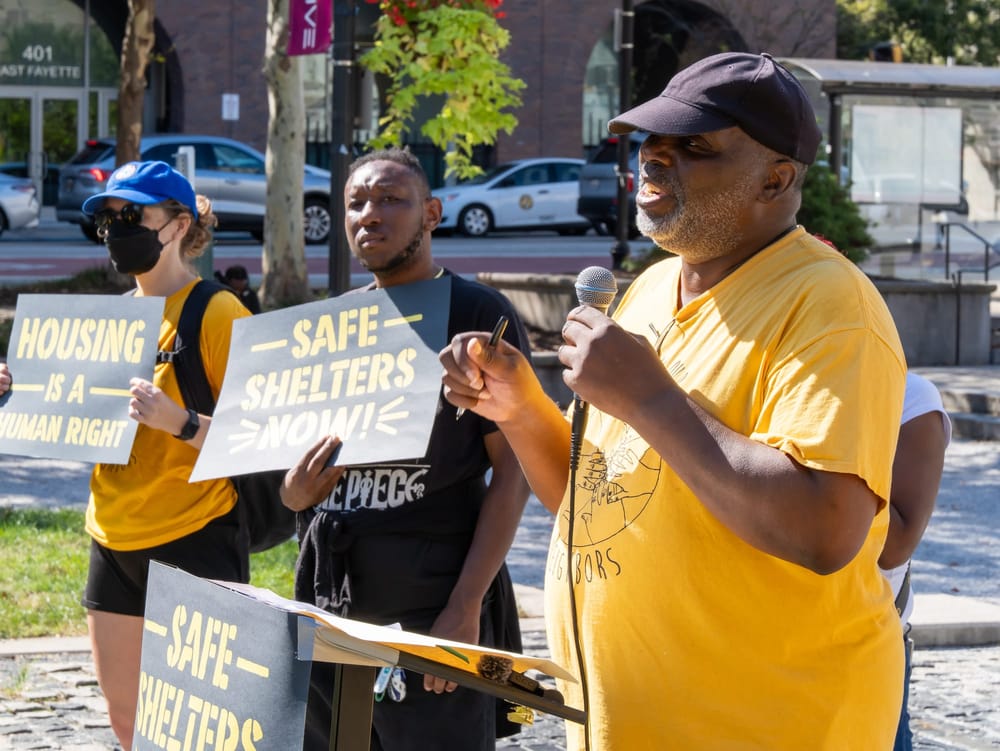
Advocates call for state regulation of homeless shelters after survey emphasizes inhumane conditions
Complaints cited in the survey included infestations of bedbugs, cockroaches, mice, and rats. There were also reports of brown-colored water coming from showers, toilets and faucets, as well as expired or moldy food and a lack of wheelchair accessibility.
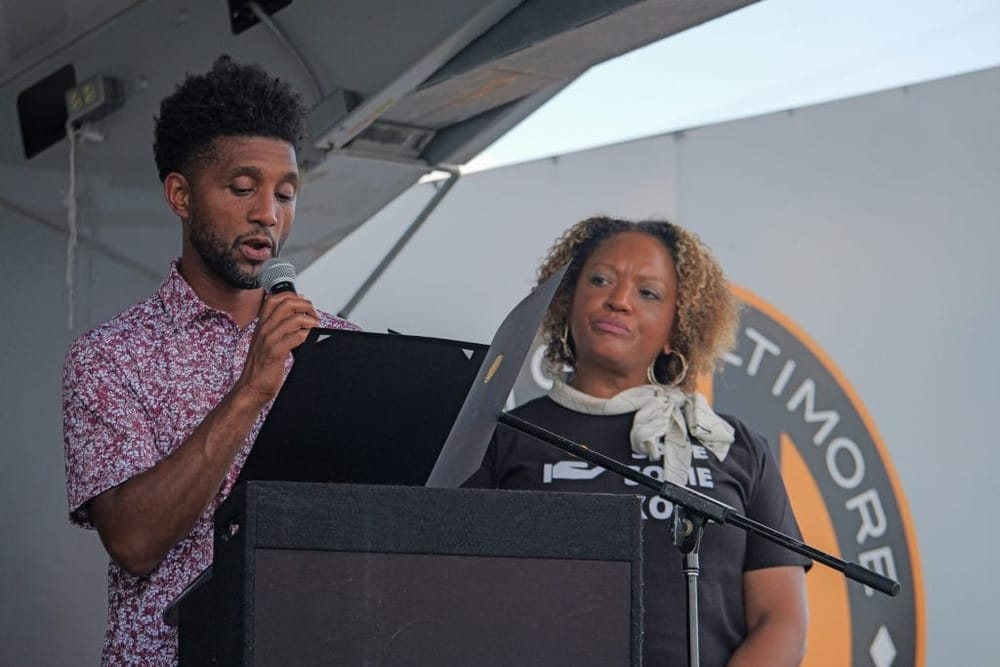
Baltimore to distribute naloxone to neighborhood and community associations to curb in-home overdoses
Public health experts have said that naloxone was an important factor in the city’s historic drop in overdose deaths last year, and officials said on Thursday their goal is to get it into the hands of as many people as possible.
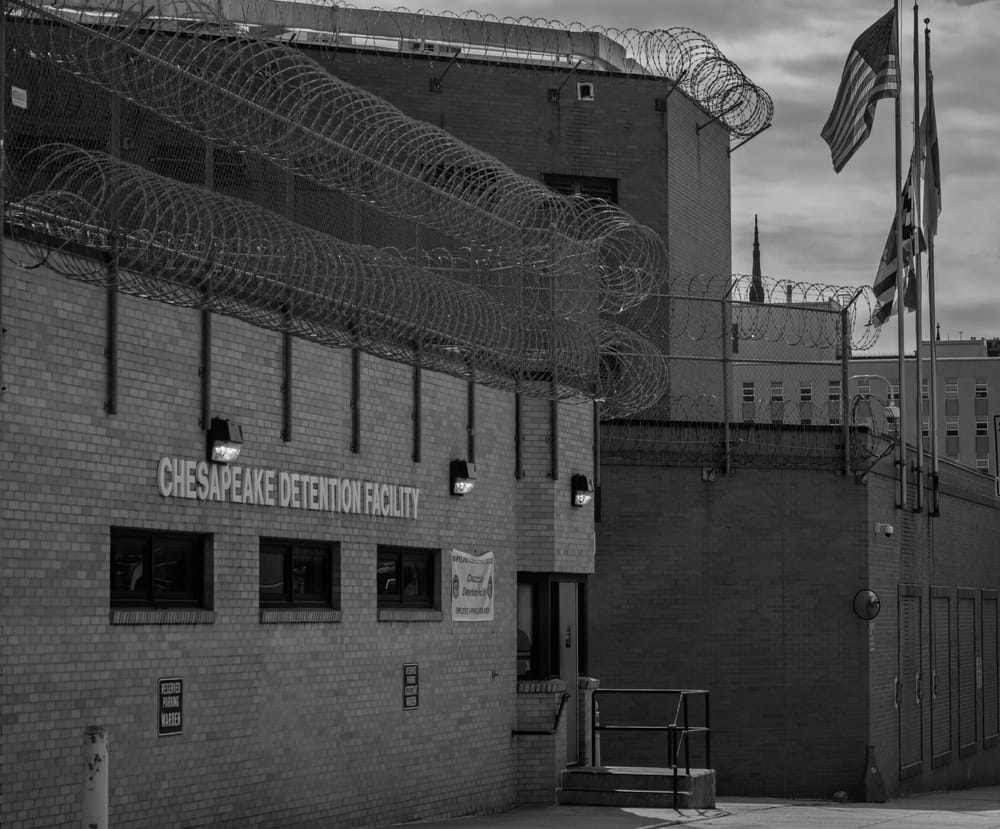
Expansion of life-saving medications for opioid use disorder in prisons delayed as access remains a public health threat
There are already concerns that the program, which allows opioid-use disorder medications to be covered by Medicaid, won’t go far enough. The program only covers the medications, which include methadone and buprenorphine, 90 days prior to release.
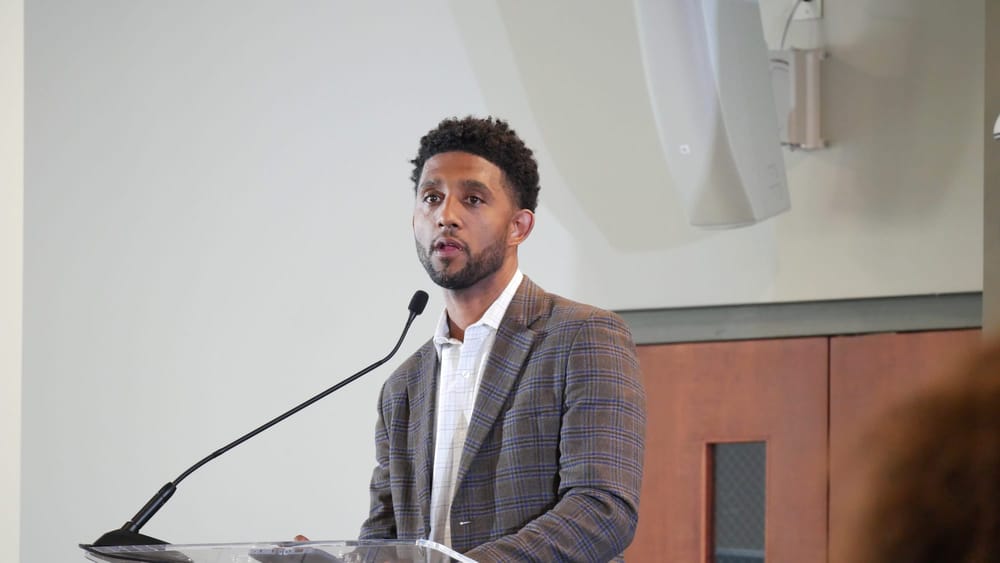
As Trump targets Baltimore’s unsheltered population and harm reduction funding, Mayor Scott offers many words, few actions
Mayor Brandon Scott has appeared on national television five times this week to rebut Trump’s lies about violent crime, but he still hasn’t detailed a plan to protect Baltimoreans dealing with homelessness and substance use disorder.
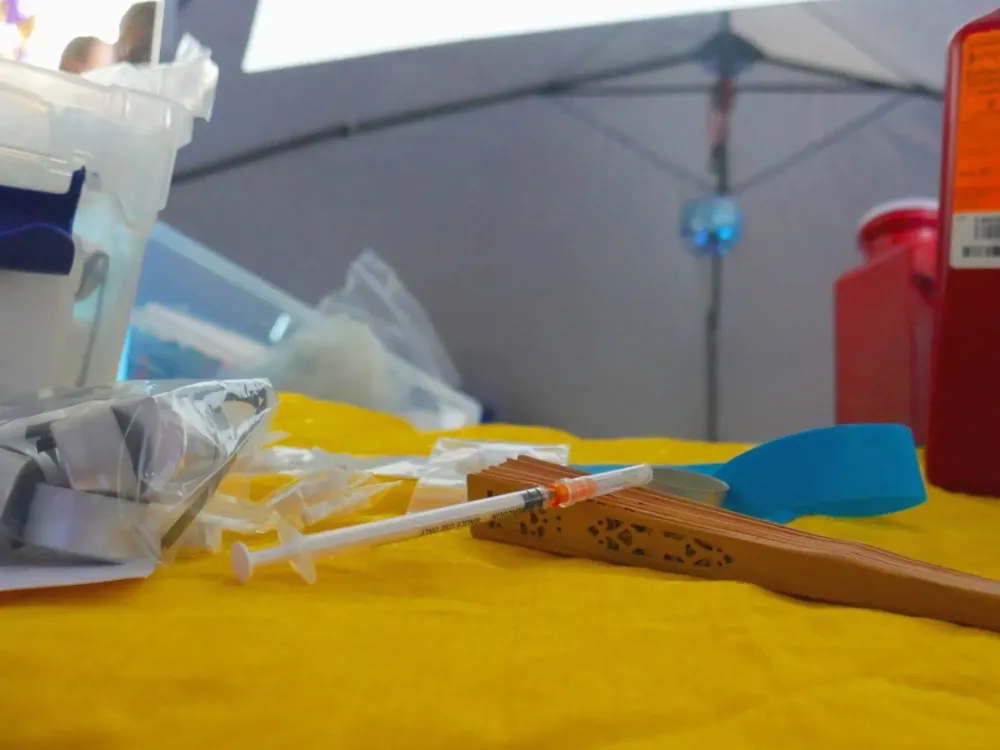
Maryland is without any harm reduction training program after dropping Baltimore nonprofit
Since July 1, there has been no organization helming the Maryland Department of Health’s statewide harm reduction training program, and all harm reduction training modules have been scrubbed from the internet.
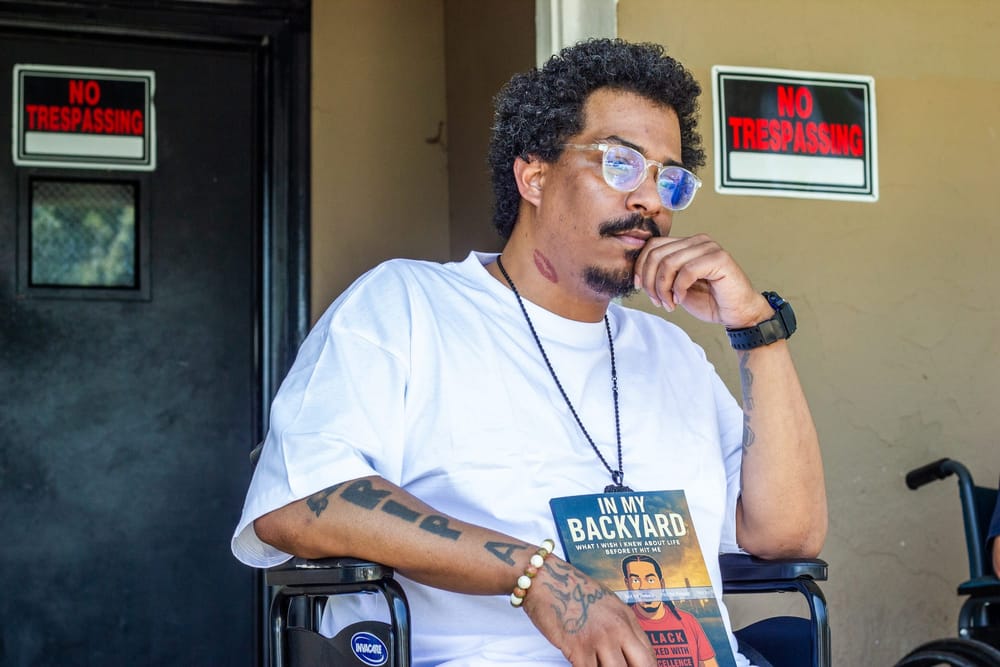
‘It’s easier out here’: Despite extreme temperatures, unhoused Baltimoreans often seek comfort, familiarity in anything but a shelter
The story of being unsheltered in Baltimore is one largely rooted in trauma and the government’s failure to protect its most vulnerable.

As mayor’s administration tiptoes around overdose prevention centers, Councilman Dorsey says they’re needed now
Though Mayor Scott has the authority to unilaterally impose measures such as OPCs, he has repeatedly declined to comment on the matter despite naming them a “legislative priority” this year.

